Scientists hope to accelerate the development of human-level AI using a network of powerful supercomputers — with the first of these machines fully operational by 2025.
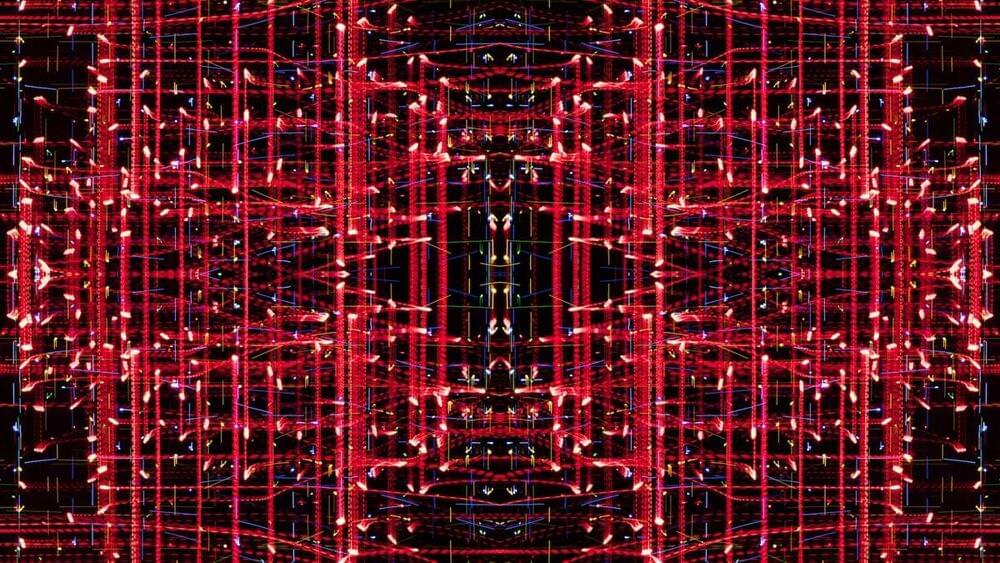

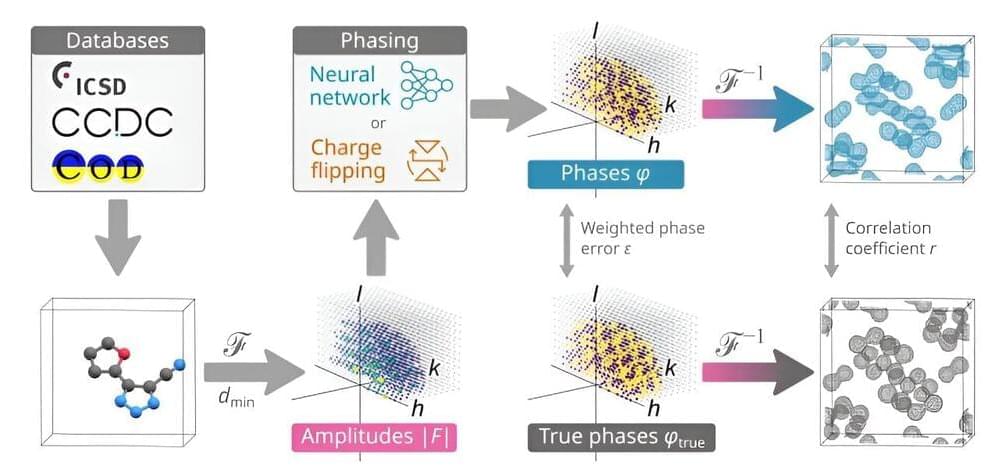
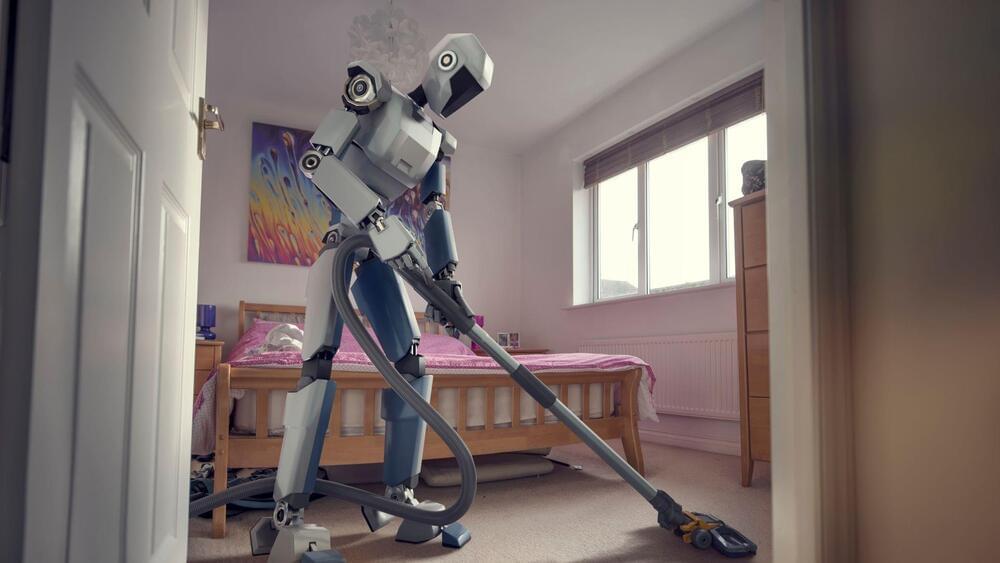
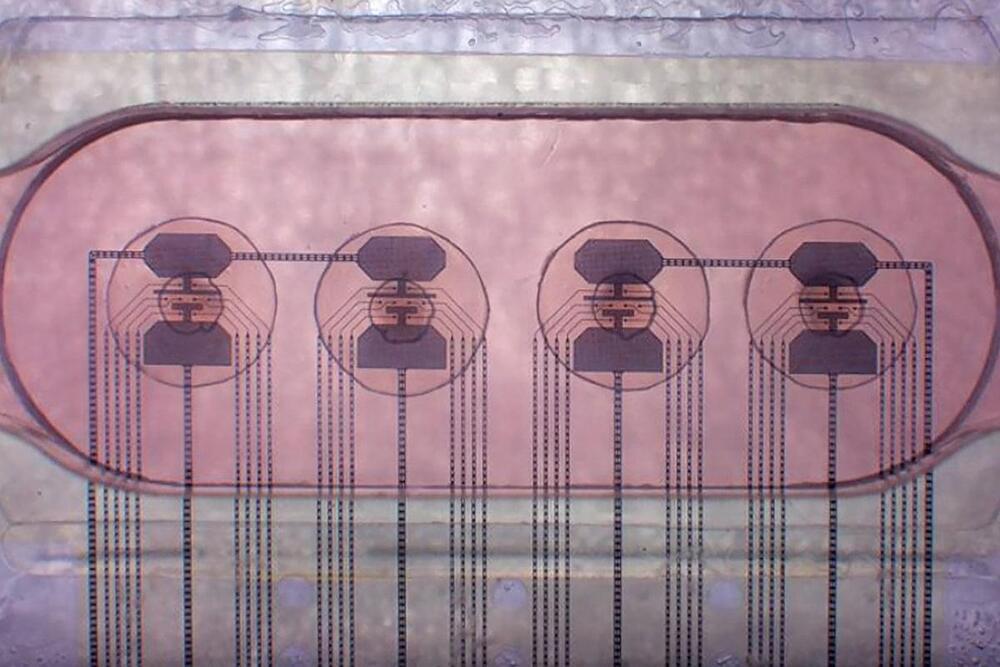
In the search for less energy-hungry artificial intelligence, some scientists are exploring living computers.
Artificial intelligence systems, even those as sophisticated as ChatGPT, depend on the same silicon-based hardware that has been the bedrock of computing since the 1950s. But what if computers could be molded from living biological matter? Some researchers in academia and the commercial sector, wary of AI’s ballooning demands for data storage and energy, are focusing on a growing field known as biocomputing. This approach uses synthetic biology, such as miniature clusters of lab-grown cells called organoids, to create computer architecture. Biocomputing pioneers include Swiss company FinalSpark, which earlier this year debuted its “Neuroplatform”—a computer platform powered by human-brain organoids—that scientists can rent over the Internet for $500 a month.
More than one singularity.
The singularity could soon be upon us. The PESTLE framework, developed by this episode’s guest Daniel Hulme, expresses not one but six types of singularity that could occur: political, environmental, social, technological, legal and economic. @JonKrohnLearns and Daniel Hulme discuss how each of these singularities could bring good to the world, aligning with human interests and pushing forward progress. They also talk about neuromorphic computing, machine consciousness, and applying AI at work.
Watch the full interview “807: Superintelligence and the Six Singularities — with Dr. Daniel Hulme” here: https://www.superdatascience.com/807
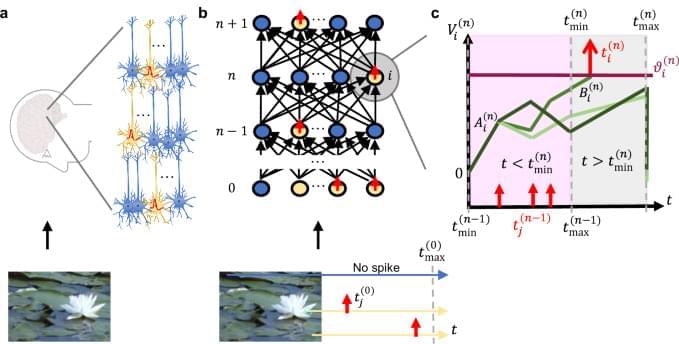

Tesla is trying something new. The automaker is offering a bundle of 3 years of subscription to Full Self-Driving (FSD) Supervised, Supercharging, and premium connectivity.
Tesla has been having issues selling its FSD package.
For years, CEO Elon Musk claimed that Tesla would keep increasing prices as the system got better, which he claims would then make Tesla vehicles “appreciation assets”

Mathematical solutions to thorny quantum problems can be found more quickly by exploiting the correspondence between the statistical methods used in deep learning and techniques for implementing quantum simulations, a team led by a RIKEN researcher has shown in a new study published in the Journal of High Energy Physics.
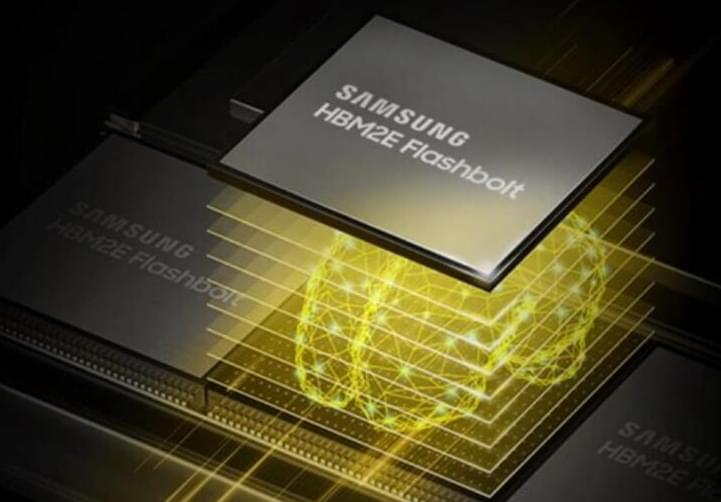
Chinese technology firms started stockpiling Samsung’s high-bandwidth memory (HBM) chips earlier this year in anticipation that the United States would soon ban their export to China.
China accounted for about 30% of Samsung’s HBM chip revenues in the first half of this year, driven by rising demand from tech giants like Huawei and Baidu as well as new Chinese startups, Reuters reported, citing three unnamed sources. HBM chips are commonly used as artificial intelligence (AI) accelerators.
The Reuters report said most Chinese firms have sought in particular the HBM2E chip, which is one generation behind the HBM3 and two generations behind the most advanced HBM3E. China plans to produce indigenously the HBM2, the most mature, least advanced model.
